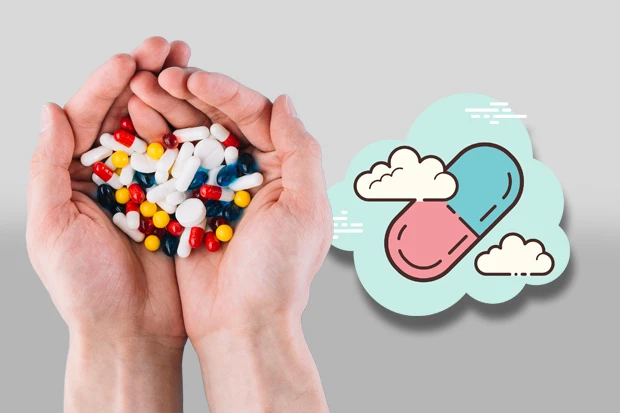The pursuit of increased height often leads individuals to explore medical options like growth hormone treatments and supplements. While genetics primarily determine height, certain medicines and therapies can influence growth, particularly during developmental years. This article examines the potential of medicines to increase height, their effectiveness, and the risks involved.
1. Growth Hormone Therapy
How It Works:
Human Growth Hormone (HGH) is a naturally occurring hormone responsible for stimulating growth in children and adolescents. In cases of growth hormone deficiency (GHD), synthetic HGH is administered via injections.
Effectiveness:
- Children with GHD or Turner Syndrome often see significant growth improvement when treated early.
- HGH therapy is most effective before the closure of growth plates (epiphyseal plates) in bones, which typically occurs in late adolescence.
Risks and Side Effects:
- Overuse or misuse can lead to joint pain, fluid retention, and even diabetes.
- HGH therapy requires a doctor’s prescription and is not recommended for cosmetic height enhancement.
2. Height-Boosting Supplements
Many over-the-counter supplements claim to boost height by providing essential nutrients.
Key Ingredients:
- Calcium and Vitamin D: Support bone health and density.
- Zinc: Plays a role in growth during childhood.
- L-Arginine: An amino acid that may stimulate HGH production.
Effectiveness:
Supplements can only enhance height if the individual has a nutritional deficiency. For example, malnourished children may benefit from vitamin-rich supplements to reach their genetic height potential. However, these supplements cannot extend height beyond natural limits.
Beware of False Claims:
Many supplements marketed as “height enhancers” lack scientific backing. Always consult a healthcare provider before starting any supplement regimen.
3. Experimental Therapies
Some experimental treatments aim to enhance height, but their safety and effectiveness are not fully established.
- Platelet-Rich Plasma (PRP) Therapy: Believed to stimulate tissue regeneration, though evidence for height increase is lacking.
- Gene Editing (CRISPR): A future possibility for height modification, though ethical concerns and risks remain.
4. Are There Height-Increasing Pills?
No proven pill exists that can significantly increase height in healthy individuals beyond the genetic potential. Products claiming to do so often contain vitamins or herbs that may support general health but do not impact height directly.
Example:
Some pills include herbal ingredients like ashwagandha or ginseng, believed to improve bone strength and HGH levels. However, their effectiveness remains anecdotal and unproven in scientific research.
5. Surgical Options: Limb Lengthening
Although not a medicine, limb-lengthening surgery is a medical procedure designed to increase height. It involves cutting the bone and gradually stretching it using an external device.
Pros:
- Can add several inches of height.
- Popular among adults looking to enhance height post-growth plate closure.
Cons:
- Expensive and painful.
- Long recovery time and potential complications.
6. Natural Alternatives to Medicine
While medicines and therapies can help in specific cases, natural methods are often safer and more sustainable.
- Nutrition: A balanced diet rich in proteins, calcium, and vitamins supports healthy growth.
- Exercise: Activities like yoga, swimming, and basketball promote posture and flexibility, giving the appearance of added height.
- Sleep: Adequate rest allows the body to produce HGH naturally.
7. Conclusion: Are Medicines Worth It?
Medicines like HGH can effectively address specific medical conditions that limit growth, but they are not designed for general height enhancement. For most individuals, focusing on natural methods such as nutrition, exercise, and posture correction yields better and safer results. Before exploring medical options, consult a healthcare professional to weigh the risks and benefits.
Key Takeaways:
- Medicines like HGH are effective only in cases of medical need, such as growth hormone deficiency.
- Nutritional supplements can support growth but cannot exceed genetic height potential.
- Natural methods like diet, exercise, and sleep remain the safest options for optimizing height.



